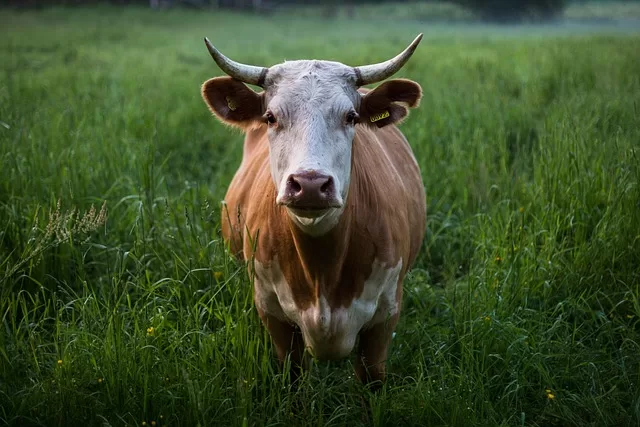If you are involved in cattle farming in Cameroon, it is crucial to be aware of the regulations and obligations regarding cattle tax. This article will provide an overview of the key information to help you understand and comply with the requirements.
Taxable Livestock and Exemptions
According to Section C 66 of the legislation, every owner or keeper of bovine livestock is obligated to pay an annual tax based on the number of heads of cattle owned. However, there are certain exemptions outlined in Subdivision II of the legislation. The following categories are exempt from paying the cattle tax:
– Plough animals
If this article helped you, you can support our work at OpenHub.
Support OpenHub Digital– Animals belonging to the state
– Sires imported from abroad
– Animals reared and used exclusively for social-welfare purposes by charity institutions
Assessment, Rate, and Payment
To ensure compliance, it is essential to understand the assessment, rate, and payment procedures for cattle tax.
Under Section C 68 of the General Tax Code of Cameroon, individuals liable for the tax must declare their livestock at the Council of the place where the herd is located. The livestock headcount is conducted by the council in collaboration with the livestock service.
The annual rate for cattle tax, as stated in Section C.69, ranges from 200 to 500 CFAF per head of cattle. It is important to note that payment of cattle tax does not exempt individuals from other applicable taxes, such as discharge tax or personal income tax.
Cattle tax is due on January 1st of the fiscal year, as mentioned in Section C 70. It should be voluntarily paid no later than March 15th upon declaration by the person liable or their representative. The proceeds from the cattle tax are intended to benefit the council of the place where the cattle is located.
[mailerlite_form form_id=1]Penalties for Non-Compliance
Non-payment of cattle tax can lead to serious consequences. Section C 71 states that failure to pay the tax will result in the seizure and impoundment of the livestock. Additionally, any attempts to conceal taxable livestock or provide false declarations will result in impoundment and a penalty of 100%, as outlined in Section C 72.
It is crucial for cattle farmers in Cameroon to understand and fulfill their obligations regarding cattle tax. Compliance with the legislation ensures the smooth operation of the industry and contributes to the local economy. By staying informed and meeting the requirements, cattle farmers can avoid penalties and contribute to the development of their communities.
Remember to consult with local authorities or legal experts for specific details and updates regarding cattle tax in your region.

OpenHub Consulting Ltd
OpenHub Consulting offers comprehensive services to support your business’s needs. From bookkeeping and tax declaration to company incorporation, our expert team is here to assist you.
If this article helped you, you can support our work at OpenHub.
Support OpenHub DigitalWith our customized small business accounting solutions, you can trust that your financial records are accurate and up-to-date.
We also specialize in tax declaration services, ensuring that your business remains compliant with tax laws.
And when it comes to company incorporation, we streamline the process, guiding you through each step with precision. Visit openhubconsulting.com to learn more about how our services can benefit your business.
From Insight to Implementation
Going through the administrative and legal landscape in Cameroon requires more than just information—it requires a grounded local partner. At OpenHub Consulting, we specialize in helping the diaspora and international investors turn their business visions into compliant, operational realities.
If you are ready to move forward, our team is prepared to manage your registration and compliance from start to finish.
Start Your Company Incorporation →Discover more from OpenHub Digital
Subscribe to get the latest posts sent to your email.

